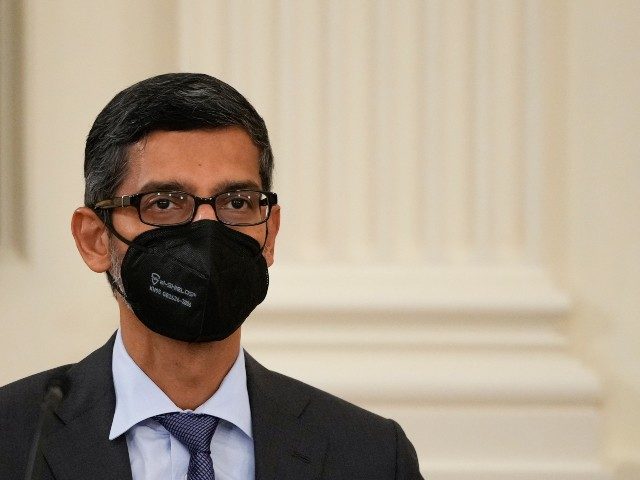A battle is shaping up in Europe between Google and the major telecom companies of that continent, as the European Commission weighs the question of forcing Big Tech to fund the companies’ network costs.
European telecom giants including Orange, Deutsche Telekom, and Telefonica, allege that Google is “free riding” on their networks and ought to pay their fair share, but Google is pushing back.
Matt Brittin, president of EMEA business & operations at Google, said the idea was outdated, would raise costs for consumers, and added that Google already invests millions in internet infrastructure.
Via Reuters:
“Introducing a ‘sender pays’ principle is not a new idea, and would upend many of the principles of the open internet,” he said according to the text of a speech to be delivered at a conference organised by telecoms lobbying group ETNO.
It “could have a negative impact on consumers, especially at a time of price increases,” Brittin said, citing a report by pan-European consumer group BEUC outlining such concerns.
He said Google, owner of YouTube, has done its part to make it more efficient for telecoms providers by carrying traffic 99% of the way and investing millions of euros to do so.
Brittin’s comments come as the European Commission, the ruling body of the European Union, takes feedback from telecom and tech companies on whether or not to change the status quo around network costs.
The debate closely mirrors the contentious, years-long fight over Title II regulations on telecom providers in the U.S., dubbed “net neutrality” by Democrat supporters of the policy.
Much like the current situation in the EU, the debate hinged on whether telecoms companies should be allowed to charge tech giants like Google for network infrastructure costs, with both parties of the debate arguing that the other side’s preferred outcome would raise costs for consumers.
Allum Bokhari is the senior technology correspondent at Breitbart News. He is the author of #DELETED: Big Tech’s Battle to Erase the Trump Movement and Steal The Election.

COMMENTS
Please let us know if you're having issues with commenting.